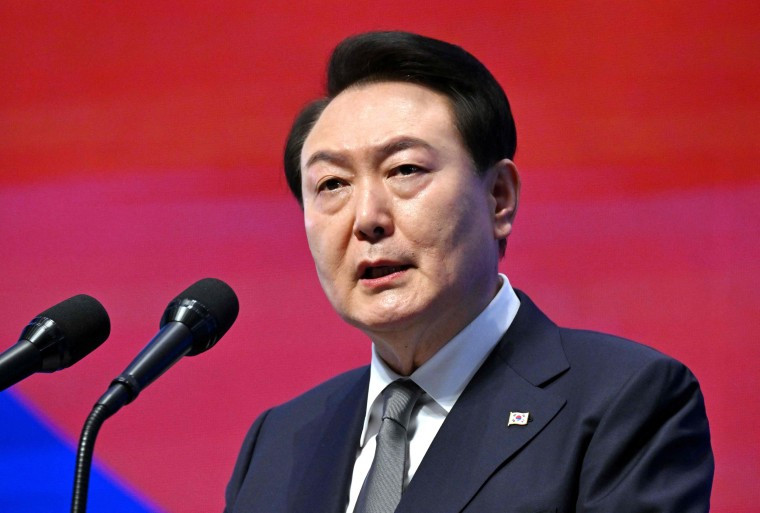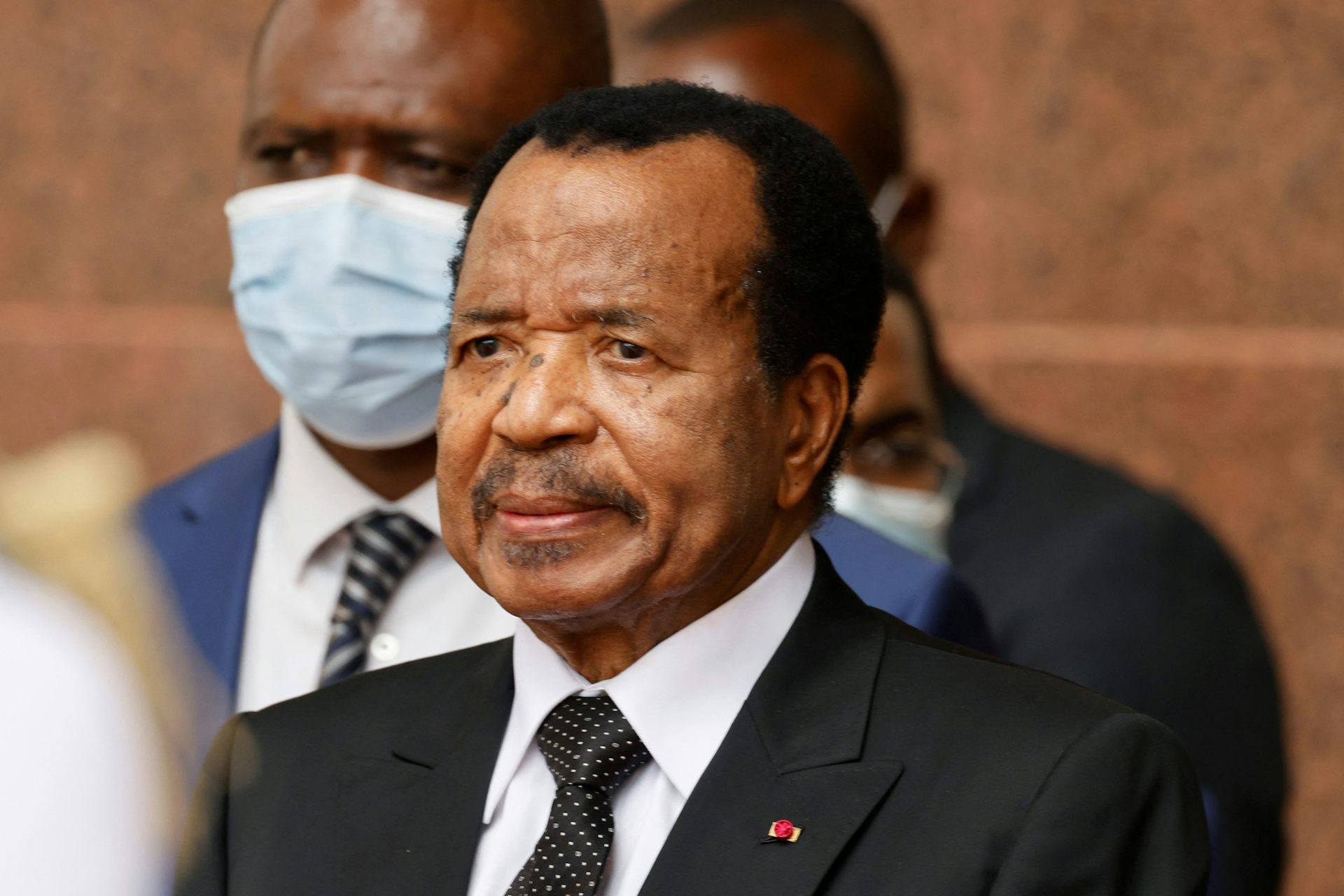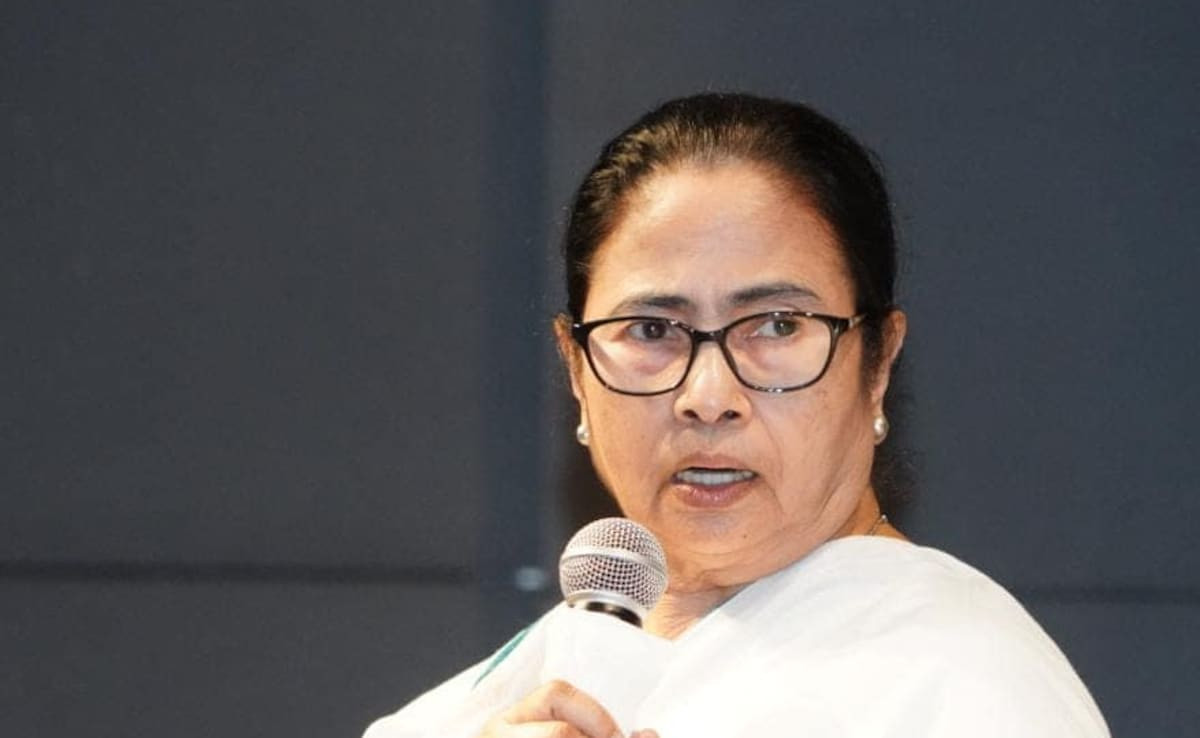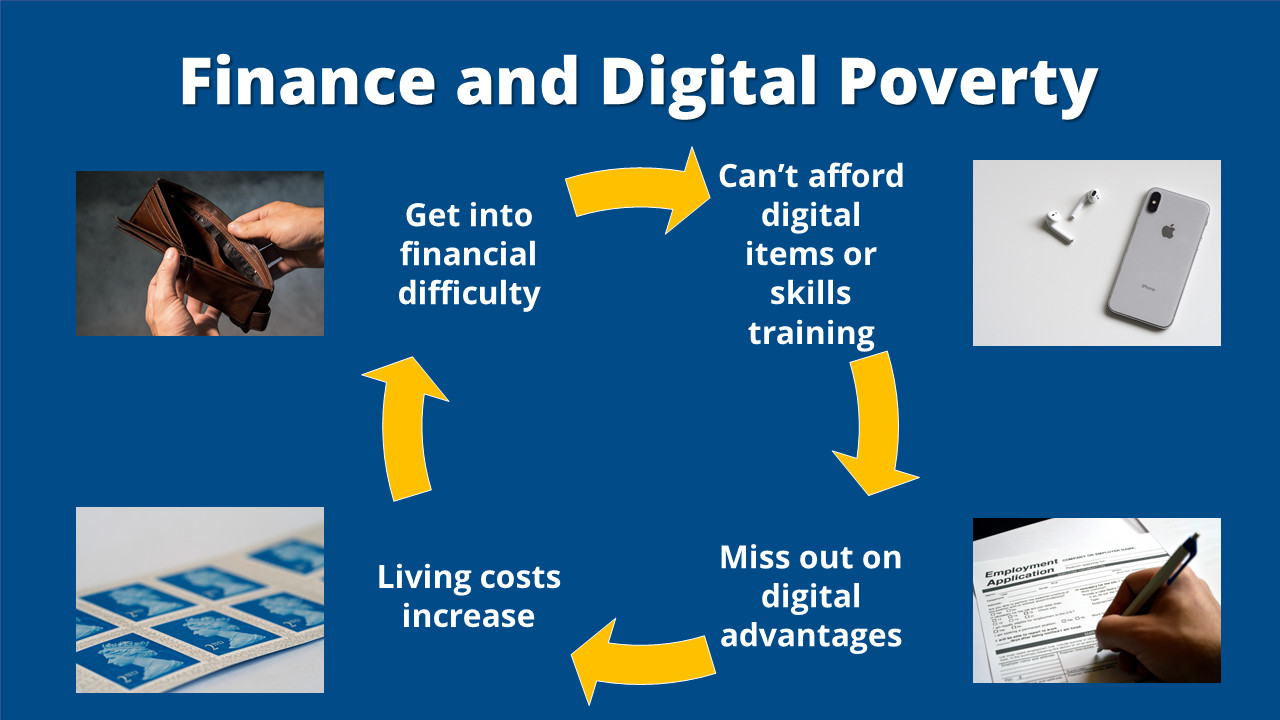South Korea's President Yoon's Failed Martial Law Declaration: A Geopolitical Gamble That Backfired
In a stunning six-hour political crisis, South Korean President Yoon Suk Yeol declared martial law, a move that backfired spectacularly, leaving the nation reeling and raising serious questions about his leadership. The abrupt declaration, followed by its equally swift revocation after unanimous rejection by the National Assembly, exposed deep fissures within the South Korean political landscape and sent shockwaves through the global business community. This incident serves as a stark reminder of the complexities of geopolitical maneuvering and the potential for high-stakes gambles to dramatically backfire.
The Fallout: Economic Uncertainty and Political Instability
The business community reacted with alarm, fearing the impact on corporate management, exchange rates, and external credibility. Major Korean companies like Samsung, SK, and LG held emergency meetings to assess the damage. One company official expressed concern that the incident could escalate into a presidential impeachment, adding yet another layer of uncertainty to an already volatile business environment. The possibility of impeachment casts a long shadow over the prospects for crucial public-private cooperation, especially for sectors like semiconductors, batteries, and automobiles. This is particularly worrying given the intensifying US-China competition and the upcoming second Trump administration.
The Semiconductor Special Act in Jeopardy
The ill-timed martial law declaration also jeopardized the passage of the Special Act on Semiconductors, a crucial piece of legislation designed to support the industry. The political turmoil caused by President Yoon's actions has further divided the government and political circles, making it even more difficult to reach a consensus on the bill. This delay carries significant risks, as South Korean companies risk falling behind their global competitors in a fiercely competitive landscape.
International Condemnation and Media Scrutiny
Foreign media outlets widely reported on the incident, with many criticizing President Yoon's actions. Foreign Policy described the declaration as a “self-coup” that ended in “humiliating failure.” The Telegraph questioned whether President Yoon would even get another opportunity to meet with US President-elect Trump given the debacle. This international condemnation further undermines South Korea's global standing and raises serious doubts about the stability of its political system.
The Larger Context: A Fumbled Diplomatic Strategy
President Yoon's ill-fated attempt to declare martial law appears to be part of a broader, ill-conceived diplomatic strategy. His reported decision to take up golf in preparation for meetings with President-elect Trump highlights a potential disconnect between his strategic goals and the realities on the ground in South Korea. The timing of his martial law declaration—before President-elect Trump had even assumed office—suggests a fundamental misunderstanding of the political dynamics at play, a critical error in political judgment that could have significant long-term consequences for his presidency. The focus on personal preparations (such as learning golf) while disregarding the profound sensitivity of the domestic political environment further emphasizes the miscalculation.
The Unexpected Consequences
The consequences of President Yoon's actions are multifaceted, extending beyond the immediate political and economic impacts. The incident has also damaged South Korea's international reputation, raising questions about the stability and reliability of its government. The international community may become hesitant to engage with South Korea in critical negotiations or collaborations, knowing that the political landscape is highly unpredictable. It's a situation that no amount of summit diplomacy can readily repair.
The Unforeseen Aftermath: A President's Legacy at Stake
President Yoon's attempt to declare martial law will likely be remembered as a defining moment of his presidency—a moment of dramatic miscalculation that significantly damaged his credibility both domestically and internationally. The long-term implications of this episode remain to be seen, but its impact on South Korea's political and economic trajectory is undeniably substantial. The fallout from this event will require careful management, significant political maneuvering, and likely a significant shift in the President's approach to domestic policy and foreign relations. Whether he can recover from this self-inflicted wound is yet to be determined. The attempt, though short-lived, leaves a lasting mark on his presidency and South Korea's international standing. The impact on the delicate balance of power within the region also remains a critical factor in understanding the complete repercussions of the incident. The situation clearly calls for a thorough review of the processes involved in foreign and domestic policy decision-making.

















